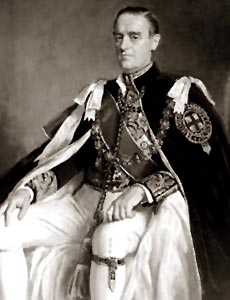 In April 1936, the congress and the league were in meeting separately. They considered the new act. Both bodies decided to contest the provincial elections, which were to be held in January and February of the following year. Many congressmen, including the current president, Jawaharlal Nehru, at first wanted to boycott the elections completely. But a meeting in February 1936 showed that many members were in favour of taking office. Eventually even Jawaharlal had to admit that there was no choice but to contest the election. At the least, by contesting congress could carry its message to the millions of voters and to the scores of millions of the disenfranchised. They are the five-sixths of the Indian people who had not been given the vote. The question of whether congress would accept office could be decided later.
In April 1936, the congress and the league were in meeting separately. They considered the new act. Both bodies decided to contest the provincial elections, which were to be held in January and February of the following year. Many congressmen, including the current president, Jawaharlal Nehru, at first wanted to boycott the elections completely. But a meeting in February 1936 showed that many members were in favour of taking office. Eventually even Jawaharlal had to admit that there was no choice but to contest the election. At the least, by contesting congress could carry its message to the millions of voters and to the scores of millions of the disenfranchised. They are the five-sixths of the Indian people who had not been given the vote. The question of whether congress would accept office could be decided later.
Campaigning began towards the close of 1936. By March 1937 the results were in. The Congress had swept the polls. It won absolute majorities in five provinces and was the largest single party in four others. This result was a surprise even to most congressmen. It gave a new turn to the office acceptance question. Congress could hardly ignore the authorization the voters had given it. But some were still hesitant. President Nehru said he did not wish congress to become `responsible for many things that we utterly dislike`. This might have happened if governors used their special powers to overrule legislation, through by the ministries. Accordingly, the working committee demanded assurances from the government that the special powers would not be used. Lord Linlithgow was too clever to give a clear assurance, but a `gentleman`s agreement` of June 1937 opened the way for congress to form ministries in the united provinces, the central provinces, Bihar, Orissa, Madras, and Bombay. Later, Assam and the North-West Frontier Province also came under congress rule. The rise of the Muslim and the new ministries, the rise of the Congress ministry and ultimately the rise of the congress left wing delineated the characteristic of the provincial election in India.



















